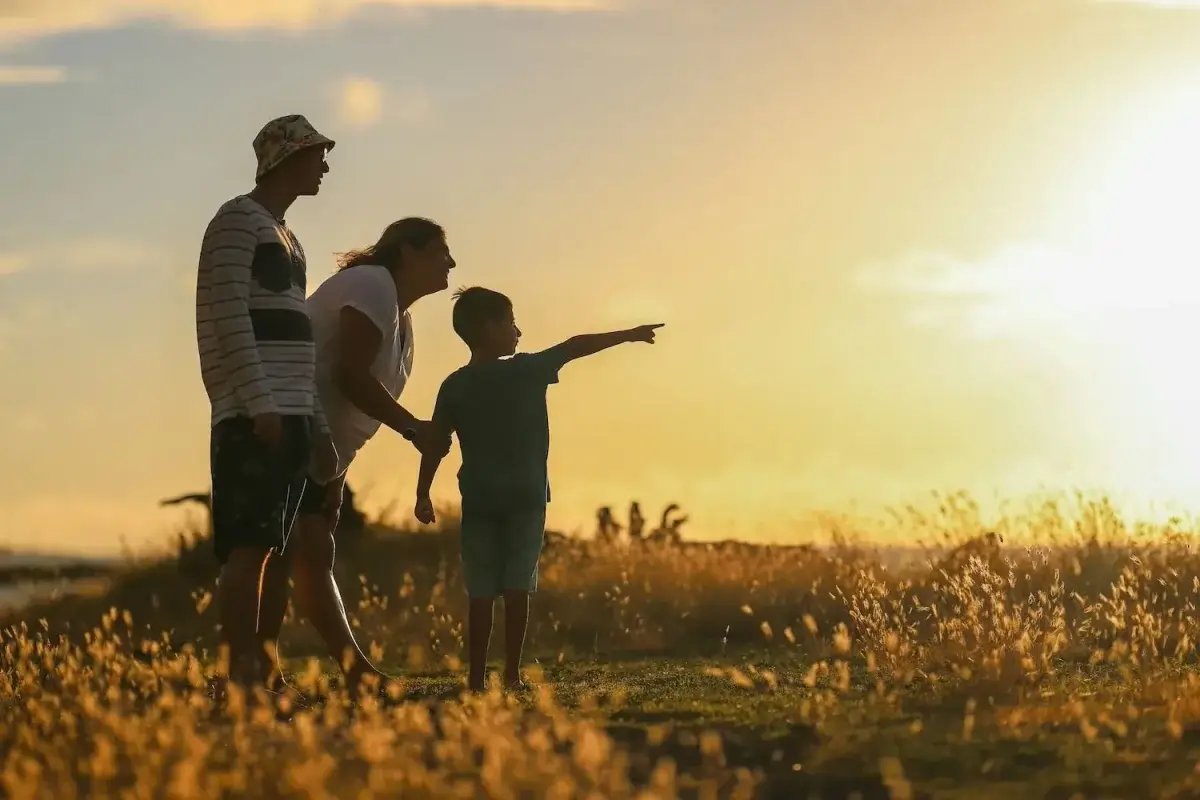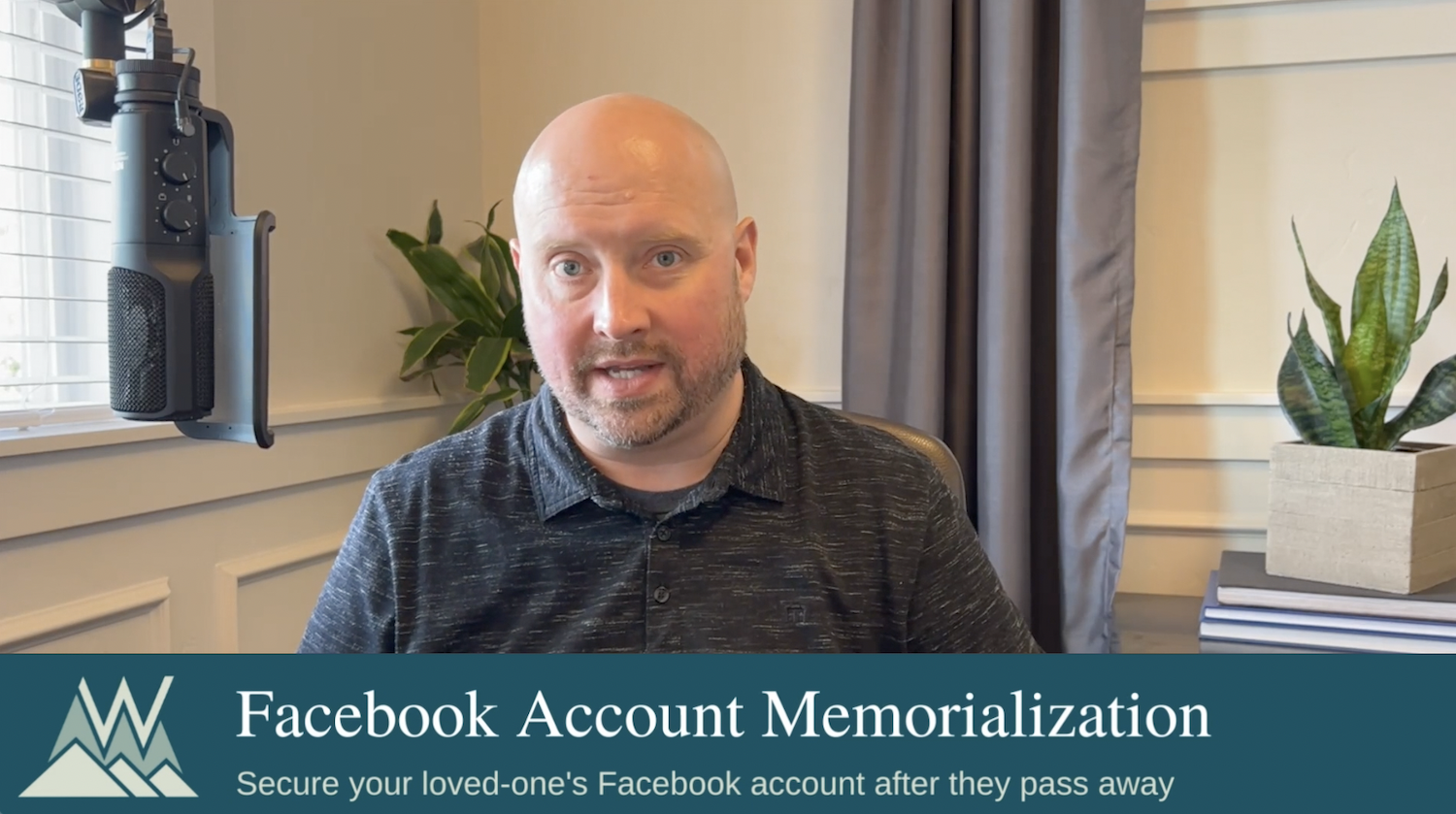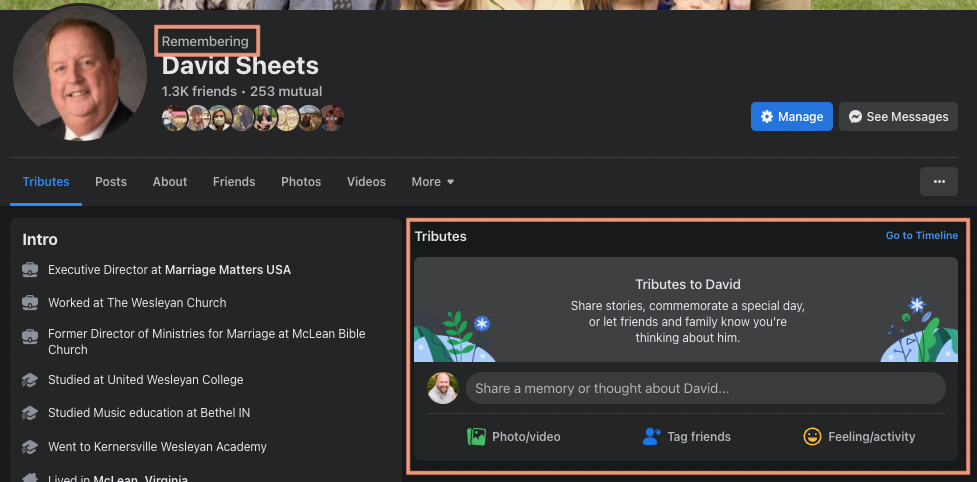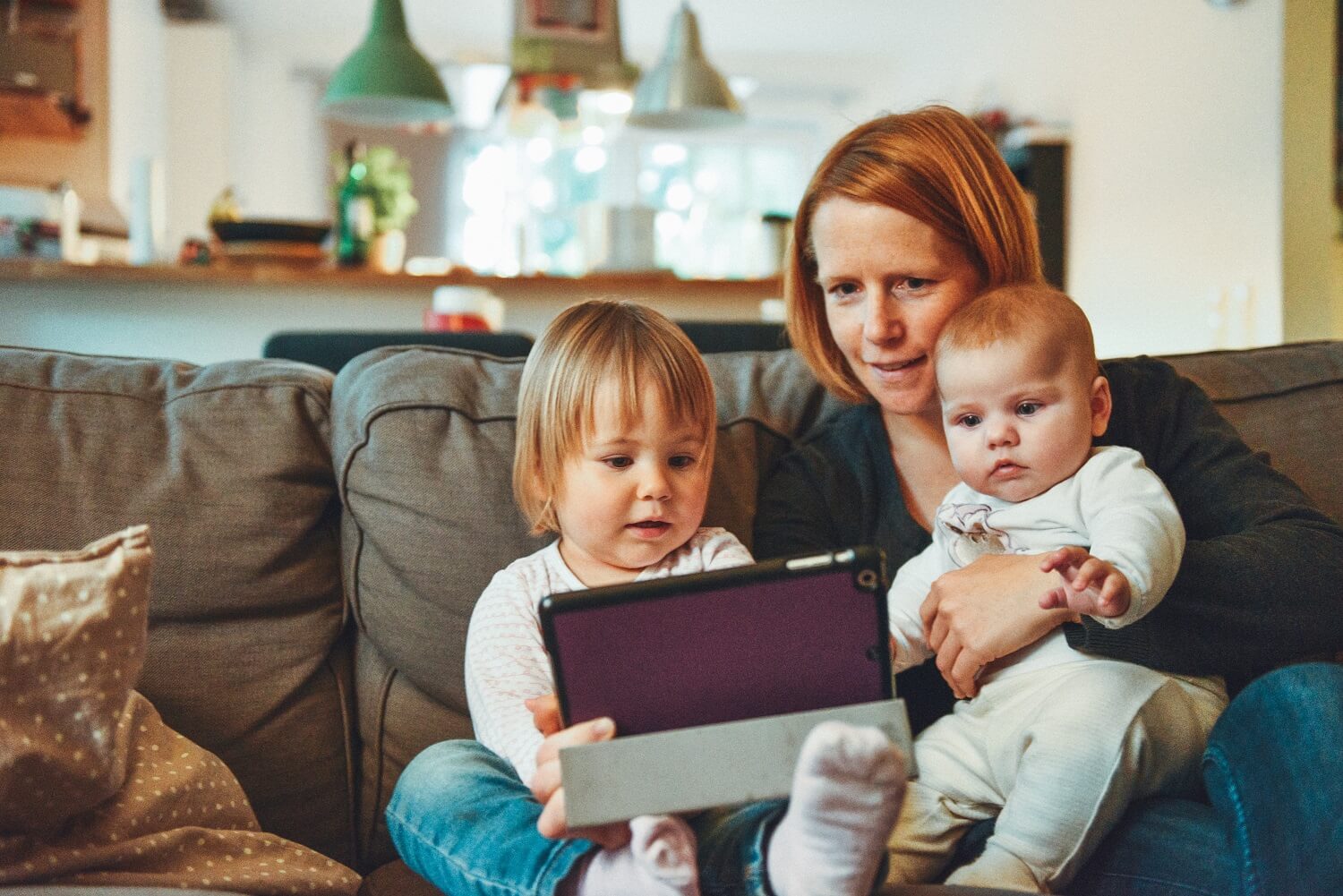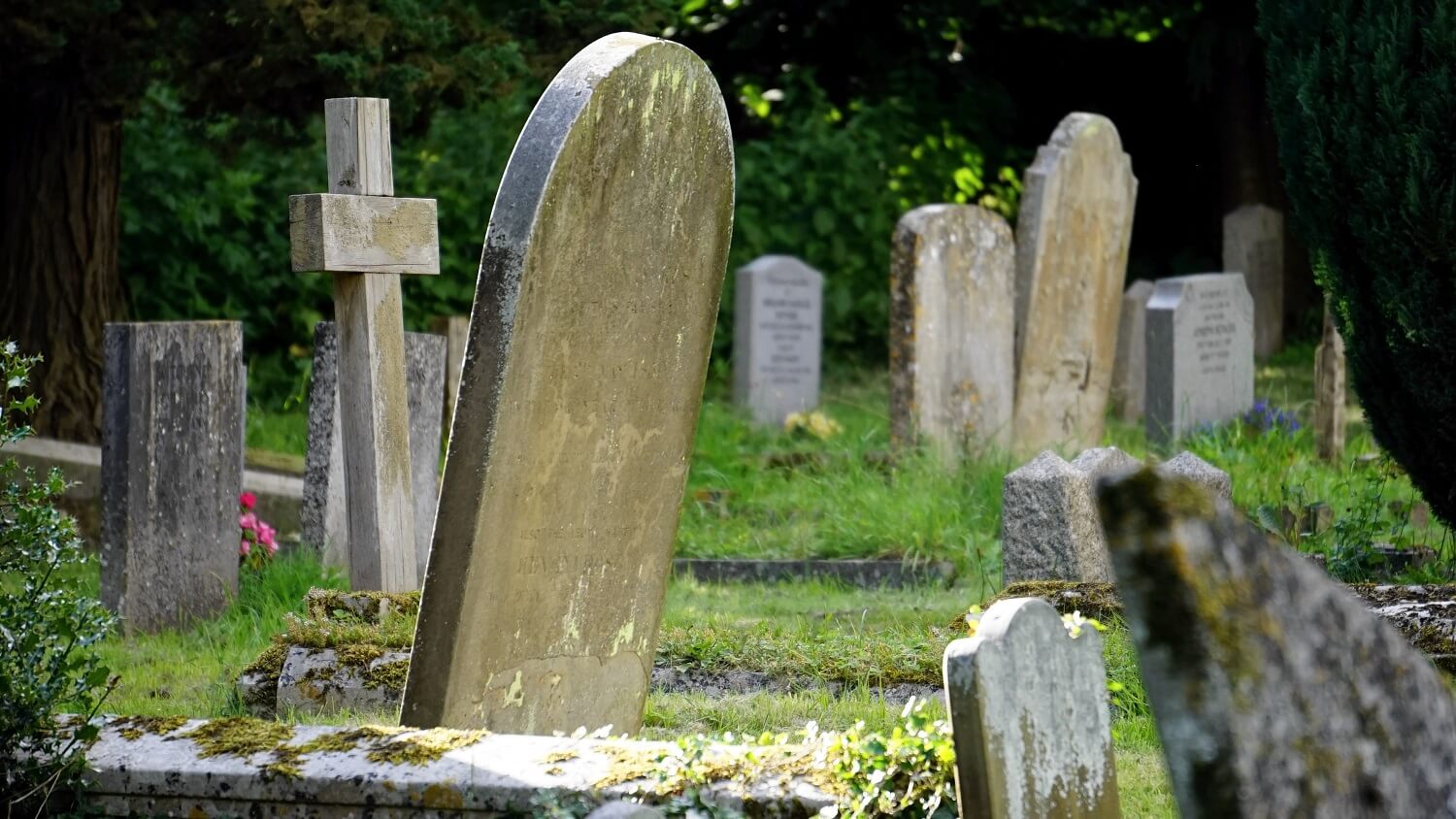Planning a memorial service can feel overwhelming, especially when trying to decide how best to honor a loved one. Many people default to a chronological approach, walking through the major milestones of a person’s life from birth to passing. While this method can provide a structured narrative, it often fails to capture the richness of who they were.
Just like the many facets of a diamond, life isn’t just a sequence of events—it’s a collection of relationships, moments, and personal impacts. These significant moments don’t always follow a strict order, but can come sporadically or be found in the depth of friendships. In the same way that rotating a diamond reveals new beauties, looking at these different roles and relationships can help discover the unique gifts of every life.
The Limitations of the Chronological Approach
A strict timeline-based service can feel impersonal. While it acknowledges major milestones, it often reduces a person’s life to a series of achievements and facts rather than the love, kindness, and relationships that truly defined them. Moreover, not all periods of life are equally meaningful—some of the most impactful moments happen in friendships, small acts of generosity, or unexpected relationships that don’t fit neatly into a linear progression.
By shifting away from this rigid structure, families can celebrate the person as a whole, rather than simply documenting what they did and when. This approach allows for a deeper, more personal reflection on who they were and how they touched the lives of those around them.
Seeing the Full Picture: The Diamond Approach
Instead of following a timeline, the diamond approach structures a memorial service around the key relationships and communities that shaped the individual. Think of your loved one as a diamond with many facets—each reflecting a different part of their life. Rather than walking through events in order, this approach moves outward in concentric circles, acknowledging each layer of their influence:
- Family First – A person’s impact often starts with their closest relationships. What kind of spouse, parent, sibling, or grandparent were they? What values did they pass down? What memories stand out to their loved ones?
- Friendships & Social Influence – Friends see a side of someone that family may not. Whether it’s lifelong friendships, funny stories, or shared adventures, these relationships offer unique insights into their personality.
- Professional Life & Mentorship – Work isn’t just about a paycheck; it’s about contributions, leadership, and camaraderie. Did they mentor others? Were they a creative force? How did they change the lives of those they worked with?
- Causes & Contributions – Many people find fulfillment in giving back. Whether through charities, faith communities, or volunteer work, these commitments often reveal a person’s deepest passions and beliefs.
Why This Approach Works for Virtual Memorial Services
A virtual memorial service offers unique opportunities to celebrate someone’s life in a way that an in-person event sometimes cannot. Unlike traditional services where only a few people have the chance to speak, an online memorial service allows a broader range of voices to share their memories.
By structuring the service around relationships rather than timelines, a virtual funeral can become a dynamic, interactive experience where people contribute stories in real-time, type in the chat, or share messages that capture different aspects of the loved one’s life. This ensures that every facet of the person’s legacy is acknowledged, shared, and remembered.
Creating a Lasting Tribute
When planning a memorial service, consider the diamond approach. It ensures that every aspect of your loved one’s life is highlighted, making the service feel personal and meaningful rather than simply factual. If you’re looking for help on how to craft this kind of service don’t hesitate to contact us. After all, a person’s life isn’t just their timeline—it’s the love, kindness, and connections they leave behind.


